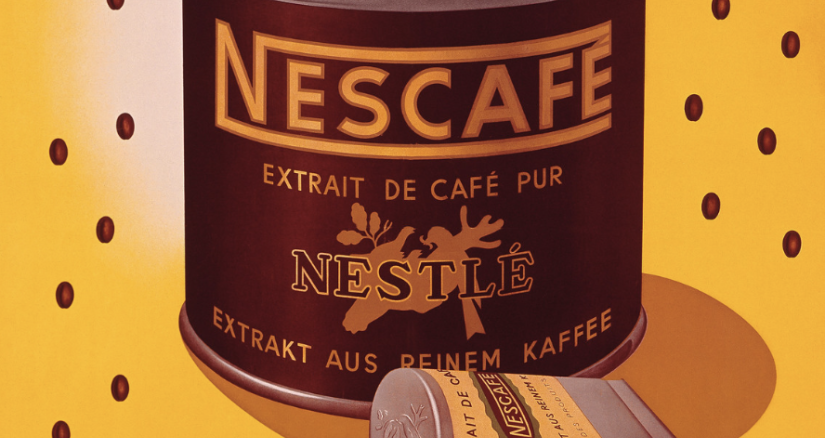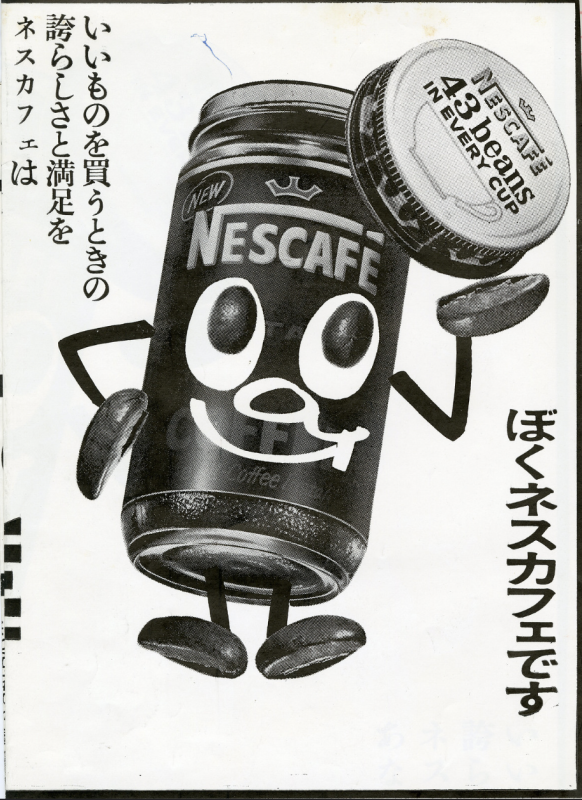
Slowly but Surely Cracking the Coffee Market
In this article, I want to focus on one of the best strategies ever deployed by any brand, let alone a large CPG company. The strategy is not the typical one deployed by such dominant players, where short-term gains are the rule. Before I divulge who and what I’m talking about, let’s be clear: if you are serious about building a brand, this is a must-have, not a recommendation for your soon-to-be-revised strategy.
All this said, let’s look at how Nestlé “cracked” the coffee market in Japan, a predominantly tea-only culture. In doing so, they had to leverage another tool in the toolbox: their vast product portfolio.
Let’s start with the situation. Nestlé saw an opportunity to grow in the thriving 1970s beverage market within Japan. The solution? Launch Nescafé, after favorable results with focus groups and positive consumer sentiment. This was the plan. However, the actual results were rather disappointing. Nestlé recognized the strong tea culture of Japan as a barrier to success for Nescafé.

Photo courtesy of Nestlé
Then came the pivot. Rather than giving up, they solicited the advice of Dr. Clotaire Rapaille, a child psychiatrist who provided a unique take on marketing for the product. According to Dr. Rapaille, “…Consumer decisions are more often than not driven by subconscious emotional impulses rather than by rational thoughts.” In short, coffee had no emotional association with Japanese consumers; theyneeded to develop one. This is the turning point upon which Nestlé chose to build—the solution that would change everything.
The strategy was simple. Rather than targeting current coffee drinkers (adults, in this case), Nestlé focused on the developing generation, building their connection to the brand from a much earlier age. They did this by launching a coffee-flavored candy, and branded it under the famed Kit Kat candy bar name. All that was left to do was reap the benefits of a new generation of coffee drinkers. This early exposure planted the seeds for future coffee consumption habits. (Incidentally, the Kit Kat name alone translates as “good” and/or “good luck” in Japanese.)
With this approach, this younger generation was developing their taste for coffee. Fast forward to 2025, and Nescafé holds over 70% of the market simply by planting, nurturing, and growing their consumer base. They played the long game—and won. By leveraging psychology and the human emotional connections between consumers and their purchases, they were able to reinvent the beverage market while cultivating long-lasting relationships with now-devoted consumers.

Photo courtesy of Nestlé
What can we learn from this? No matter your category, you must know your consumer, their buying journey, what shapes that journey, and the nuances that resonate with them. Knowing your consumer is halfway to success—just ask Nestlé.
Another lesson: the most successful brands will hunt and farm for market development. While both are necessary, the latter (planting seeds to sow down the road) is too often ignored for the sake of short-term gain (more of a hunter mentality). What we should be talking about is the long game—the need to cultivate, plant, nurture, and grow those soon-to-be participants in your market.
Is your product portfolio ripe for such an opportunity? More importantly, what seeds are you planting, and what segments of the market should be developed?
Not sure? Let’s talk. Our suite of services is one of a kind. Dr. Frank Niles, Business Psychologist and Principal Consultant of Business Transformation and Leader Development, can elevate your business with custom, end-to-end people solutions, leadership development programs, targeted thought leadership in change management, strategic planning, go-to-market strategies, culture transformation, and more. Additionally, our Branding, Strategy & Marketing (BSM2) practice, led by Michael Johnson, focuses on understanding the evolving marketplace and changing consumer behaviors and develops market strategies that connect to consumer needs. By analyzing the market opportunity and its consumers, we can develop a strategy that will yield successful results for decades to come.
Follow us on LinkedIn for the latest updates on all things happening here at BSM Partners.
About the Author
Eric Rittenhouse works at BSM Partners as Business Development Manager. His areas of expertise include business development, sales and trade marketing while helping brand companies uncover and execute on opportunities to strategically dominate their niche in the consumer product space. He has completed the Blue Ocean Practical Introduction certificate by the Blue Ocean Academy and is Action Selling Master Certified by Action Selling and The Sales Board.
This content is the property of BSM Partners. Reproduction or retransmission or repurposing of any portion of this content is expressly prohibited without the approval of BSM Partners and is governed by the terms and conditions explained here.